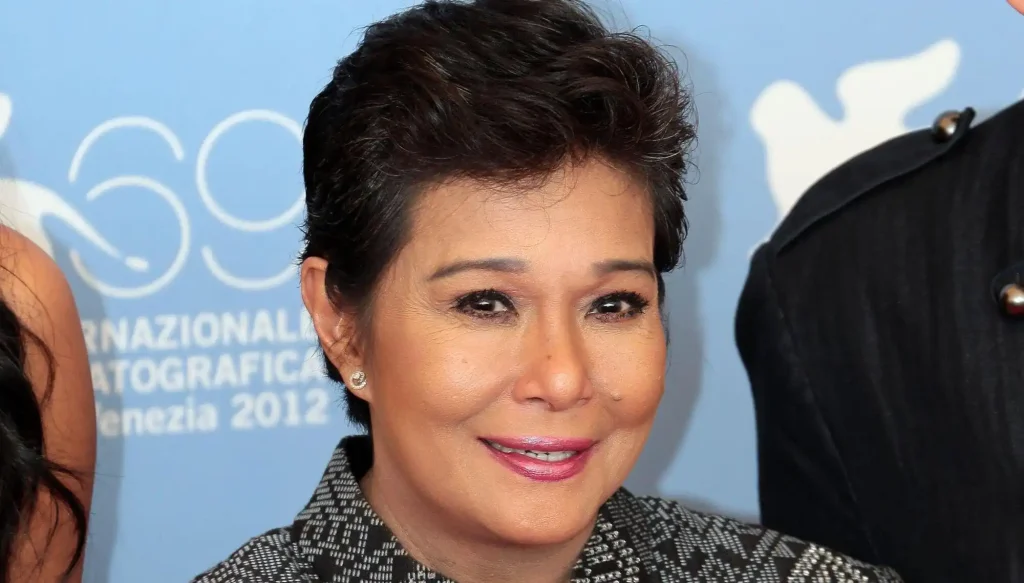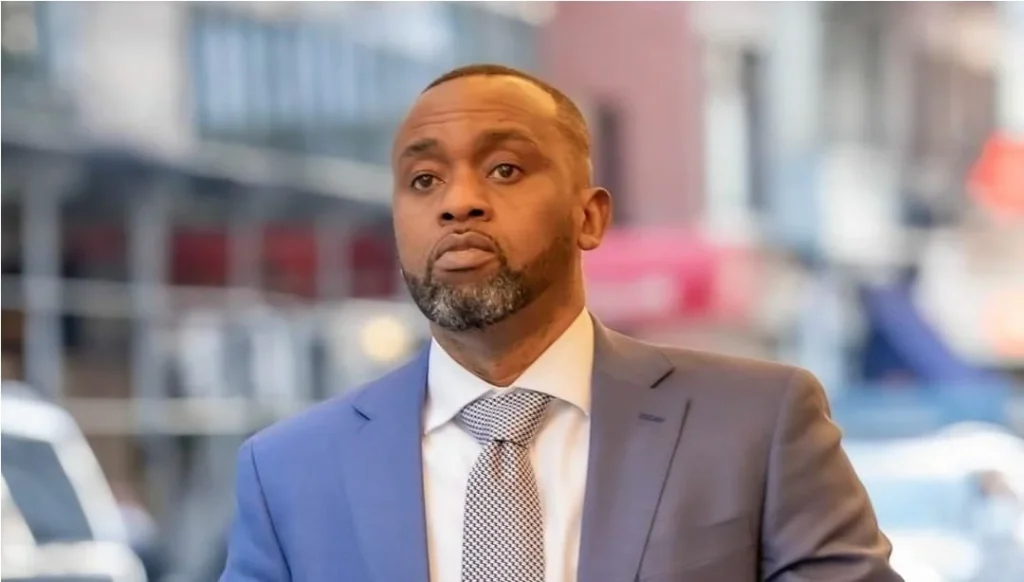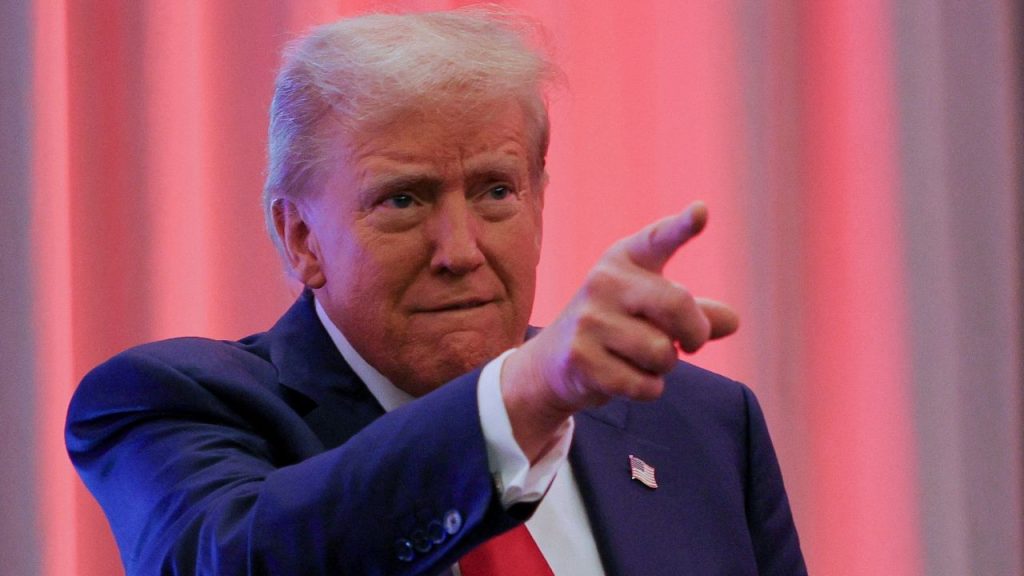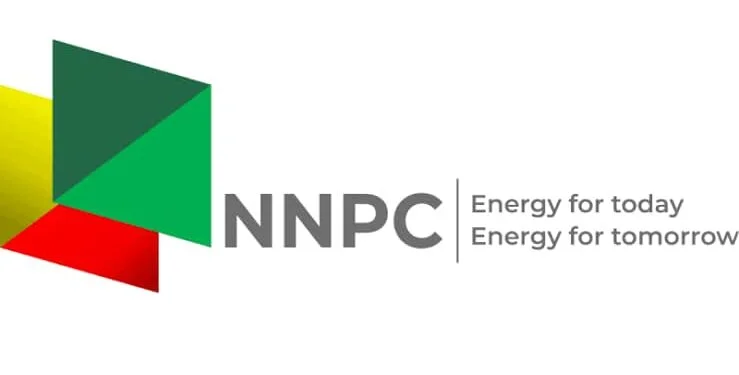The Nigerian Senate has put a hold on further action regarding the Tax Reform Bills following widespread agitation and opposition in various quarters. The decision came during plenary on Wednesday, presided over by Deputy Senate President Jibrin Barau, who announced the suspension and the creation of a special committee to engage with the executive arm of government for resolving contentious issues.
The Tax Reform Bills include the Joint Revenue Board of Nigeria (Establishment) Bill, 2024; Nigeria Revenue Service (Establishment) Bill, 2024; and the Nigeria Tax Bill, 2024. These bills have sparked significant controversy, with northern governors and lawmakers expressing strong objections, describing parts of the legislation as unfavorable to their regions.
Governor Seyi Makinde of Oyo State, speaking on behalf of the National Economic Council, revealed that the council had advised the Federal Government to withdraw the bills from the National Assembly to allow for broader consultations. Makinde noted that sections of the bills had raised discomfort in parts of the country, calling for consensus-building and clarity before proceeding.
Amid the controversy, the Senate invited key members of the President’s economic team, including Taiwo Oyedele, Chairman of the Presidential Committee on Fiscal Policy and Tax Reforms, and Zacchaeus Adedeji, Chairman of the Federal Inland Revenue Service, to provide detailed explanations of the bills. Following their engagement, the bills passed second reading and were transmitted to the Senate Committee on Finance.
However, criticism continued to mount. Governor Babagana Zulum of Borno State accused the Federal Government of rushing the reforms, stating that the current provisions, particularly on value-added tax (VAT), disproportionately favor states like Lagos and Rivers while disadvantaging northern states. Zulum urged for deeper consultations to address these discrepancies.
In the Senate, Senator Shehu Buba from Bauchi South echoed these sentiments, calling for a thorough review of the bills by tax policy experts. He highlighted the northern lawmakers’ opposition to the proposed VAT derivation formula, warning of its potential to negatively impact the region.
In response to the escalating concerns, President Bola Tinubu directed the Ministry of Justice to collaborate closely with the National Assembly to resolve contentious areas. Minister of Information and National Orientation, Mohammed Idris, reaffirmed the government’s commitment to addressing “grey areas” in the bills, emphasizing accountability and inclusivity.
Deputy Senate President Barau assured that the Senate remains committed to fostering national unity and stability. He emphasized that the legislature, in collaboration with the executive, would work toward resolving the issues. Barau announced plans for the Senate committee to meet with the Attorney-General of the Federation to identify and address disagreements in the bills.
Barau stated, “The Senate has decided to put aside political, ethnic, and regional considerations to ensure national progress. Together with the executive arm, we will establish a forum to address contentious issues and guarantee that the tax reform bills align with the nation’s interests.”
As deliberations continue, the Senate and the executive seek to balance regional concerns and national interests while addressing economic challenges through the proposed reforms. The special committee is expected to provide updates after its discussions with the Attorney-General.













